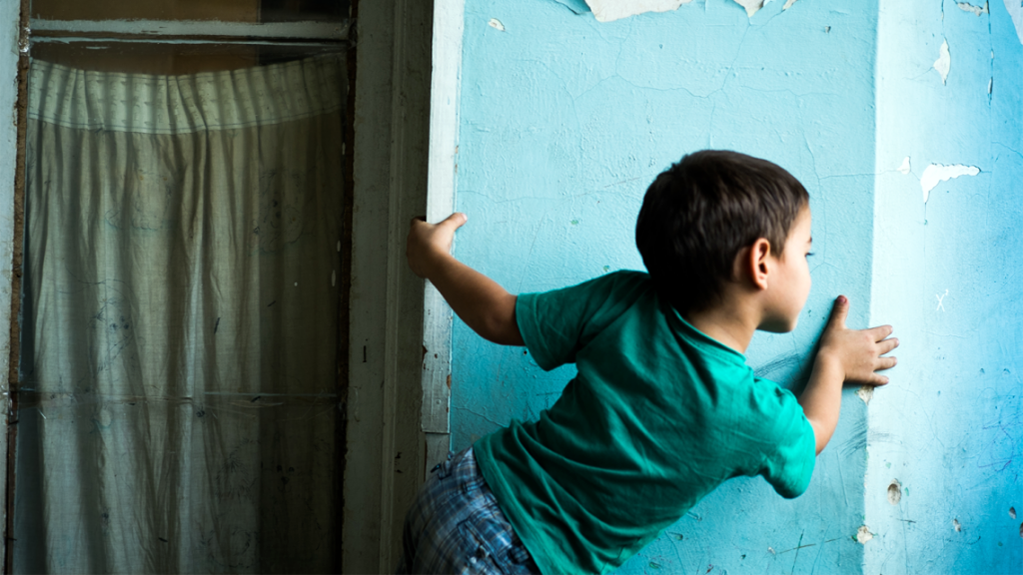10,000 people have joined the initiative of the Parents Association to immediately stop selling unhealthy food in school cafeterias and for the state to introduce a healthy food program in schools. The petition has already been submitted to the Ministry of Education and Science, the National Food Agency, the Public Defender, and the Education Committee of the Parliament of Georgia.
News
‘‘At present, classes are attended mostly by hungry children. The state does not provide food for students. Many children lack the means to bring food from home, which creates inequality among students. Many schools do not have buffets. Where there is one, the school space is rented to a private vendor, who, instead of a buffet, operates a shop selling unhealthy products. In those so-called buffets, carbonated drinks, questionable sweets, and cheaply-made baked goods are sold, which goes against the requirements established by Order 410 of the Minister of Education and Science, which defines the list of prohibited school food products (chewing gum, candies, chips, jelly beans, etc. )’’, the petition states.
On the initiative of the nongovernmental organization "Parents for Education", the parents of students have already met with the Minister of Education and Science, Giorgi Amilakhvari. According to the minister, a new draft order is being developed regarding school meals, which will ensure healthier buffets and proper hygienic conditions. The minister promised that this issue will be resolved in the next 2 months. As for schools with no buffets, like those in rural areas, the Ministry will study the infrastructure and consider various options. Regarding the implementation of the school feeding program, the minister promised parents that he will involve them in the work process. According to the minister, several models are being worked on by the state and it may take 1 to 2 years to resolve this issue.
According to the 2019 data from the United Nations Children's Fund, almost every fourth child in Georgia (24.4%) lives in poverty. 77% of surveyed students say that they sometimes (42%) or always (35%) feel hungry when they come to school, which directly contributes to students' low results in literacy.
According to the policy document ‘‘Needs and prospects for establishing school feeding system in Georgia’’, by 2021, 189,690 children under the age of 18 with socially vulnerable status lived in the country. Malnutrition in all its forms places the greatest burden on children and adolescents living in poor and marginalized communities.
According to a study by the United Nations Children's Fund, the lack of micronutrients such as iron and iodine is an important issue in adolescents, which causes amenia and impedes growth and development.
According to the international experience of school feeding programs, the school feeding model implies the daily provision of ready meals to students at a fixed time (mostly breakfast and/or lunch). This model requires appropriate kitchen equipment for food preparation in schools or an organized supply of ready-to-eat meals.
In Tsalenjikha municipality, the local government introduced a program providing food for first-graders, first in Georgia, the meals of 300 first-graders of 30 public schools are financed with 4 GEL daily.















